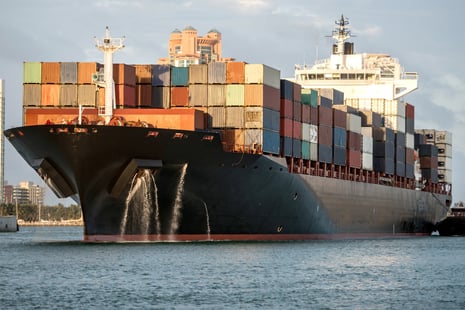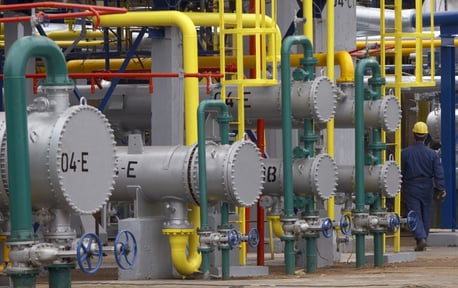
What Kind of Equipment is Covered in a Marine Vessel Appraisal?
- Inland Barges: Though much of the midwest and west was settled because of river traffic, many people don't consider this type of transport anymore, despite its function to keep things moving that would otherwise be prohibitively expensive, such as aggregate, sand, grain, trash, oil, timber, metal ores or other bulky, heavy goods, providing a much-needed, inexpensive option to move these materials to market.
- Offshore Barges: Rivers aren't the only places that you'll see barges moving materials, though offshore barges tend to be larger and with more displacement than their smaller riverboat counterparts. Offshore barges are able to move a wide range of materials between points on the shoreline, without going further afield in many cases due to rougher weather and waterways that may be found further from the coast. At the same time, their smaller engines help provide a more economic option for moving bulk goods.
- Tugboats and Pushboats: Whether it's pulling barges off of sandbars or similar obstructions, getting large ships safely out to sea before their main engines are engaged, shuttling barges at a loading station or any number of other circumstances, tugboats and pushboats are powerful marine vessels that do a wonderful job of getting much larger ships underway, typically sticking closer to shore for the majority of the time to avoid choppier waters further out to sea.
- Hopper Barges: When large amounts of material must be moved, unpowered hopper barges are often chained together, creating a waterborne train of material. This provides the option to move large amounts of material without having to have numerous navigators or crews manning the different vessels, as one is simply pulled along behind the other. This allows a single crew to pull thousands of tons of material along a set course without a lot of extra manpower.
- Oilfield Support Vessels: Offshore oil platforms and drilling rigs need a wide range of materials, changes in crew, new parts for the rig and a number of other items that have to be exchanged at a dizzying rate. Food, medicine, protective equipment, pipeline, couplers, experts, oncoming and offboarding crew members and a wide range of other people and items are carried by oilfield support vessels, providing an inexpensive alternative to spendy helicopter rides for many petroleum companies.
By having a marine vessel appraisal performed on your equipment, you can gain valuable insights into its condition, expected useful lifespan and several other important pieces of information that will help you better manage your equipment assets. However, it's of vital importance that you have the appraisal performed by an accredited equipment appraiser, who will provide you with a properly calculated estimate of your marine assets' value.


